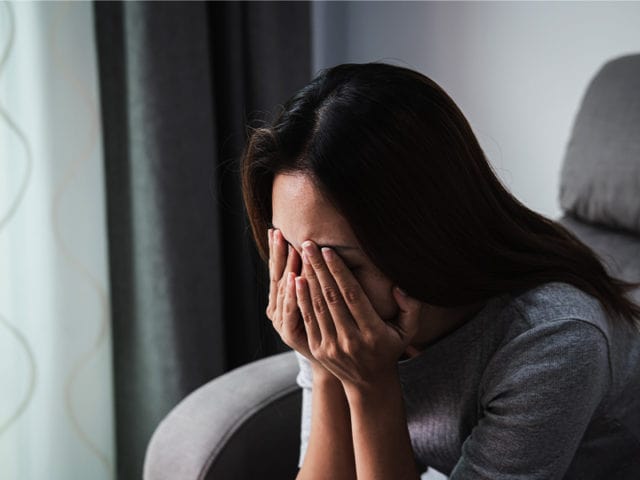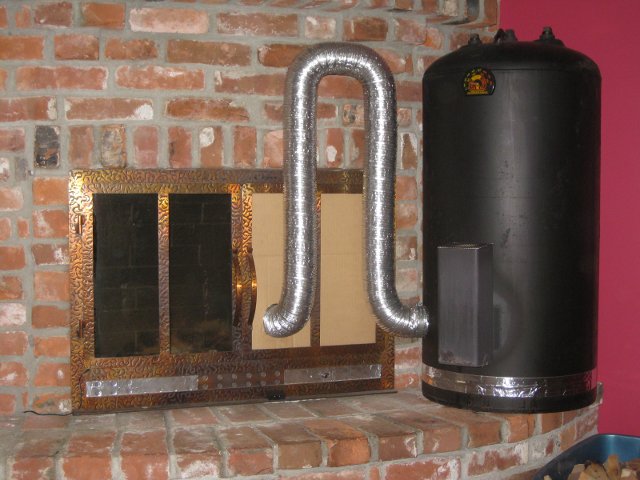The vast majority of people have suffered anxiety at some time and probably for any of the 10 causes of anxiety that will be mentioned in this article, and if you belong to a minority that does not, I am sorry to tell you that anxiety is a defense mechanism of our body, so the most normal and adaptive is that at some point you have it.
Due to the frenetic pace of our lives, constant changes, uncertainty, and many other factors, human beings have and create their own defense mechanisms. Anxiety is one of those mechanisms that we have universally and that alerts us of situations that everyone considers and perceives as threats. Calm down!
It may seem very shocking, but this mechanism makes us more resilient, and more adaptive and our performance and capacity of anticipation are better.
Having anxiety is not harmful in itself, the problem is when the symptoms cause some functional impairment in the sufferer.
Most common symptoms of anxiety
So that you can identify the symptoms well, I will explain the most common symptoms:
Increased heart rate: the heart after interpreting a situation as threatening, starts up and begins to work at a faster rate and that makes our pulsations rise.
Hyperventilation: as a consequence of the above, when our heart beats very fast, we begin to hyperventilate, thus believing that we are regulating ourselves.
Sweating: it is very common that a person with anxious symptomatology to have sweating, it is produced by this state of alertness, and our body produces physiological reactions. Within the common symptoms that have to do with the body, there are also gastrointestinal and sleep problems.
Difficulty in managing thoughts: if thoughts did not exist, anxiety would not exist. Difficulty in managing thoughts is one of the symptoms par excellence of anxiety.
The most common causes of anxiety
Once you know a little bit about what anxiety is and the most common symptoms that accompany it, we are also going to explain 10 causes for which you can suffer anxiety, knowing them, you can prevent yourself and take care of your well-being even more.
- Accumulating stress over a prolonged period of time
One of the main causes of anxiety is accumulating stress as well as the situations that provoke it for a prolonged period of time, making our system on constant alert, and therefore, causing anxiety levels to skyrocket, directly endangering our psychological, physical, and emotional well-being and inducing us to apathy, irritability, etc.
- Living situations with a high emotional charge
Living situations with intensity is all very well, but we must be careful when this intensity is associated with the experience of unpleasant and/or traumatic situations. The emotional impact it leaves on people makes them more predisposed to suffer from anxiety, since situations that the person associates with previously experienced events can be perceived as threats. If you think you need or could do with knowing more about emotional regulation, I encourage you to read the article on emotional self-control.
- Being people with hypochondria, frequent fears, and/or hypervigilance
Being people with hypochondria, frequent fears, and/or hypervigilant makes anxiety levels in a continuous ‘over warning’. Levels may be higher simply by being vigilant.

- Leading a disorganized life
Organization and having a routine are essential to creating a sense of control and accomplishment in the day-to-day. Leading a disorganized life can make anxiety appear more frequently because there will be situations that were not within that disorganization and that make the person become alarmed, not know how to manage it, etc., thus producing anxious symptomatology.
- Having some kind of addiction
Addictions are a direct risk factor for anxiety. By addiction we mean any behavior that becomes dependent on ‘something’, be it gambling, shopping, new technologies, etc. People who have any addiction will always turn based on the stimulus to which they are addicted, so any plan that interferes and/or hinder that addiction will be a cause that facilitates anxiety. If you have an addiction problem, we know that it is difficult to manage it alone, so I want you to know that you can count on us and that Somos Estupendas offers you online therapies, a safe space in which to treat it and accompany you in your process.
- Having an unsatisfactory social network
A prevention factor for not suffering from anxiety is to have a satisfactory social network, so a cause of suffering from anxiety is not having it, or what would be worse, having it unsatisfactory. People are social beings and therefore we need contact and interaction with others to have quality and well-being in life. An unsatisfactory support network means that balance and harmony do not flow, causing anxiety to be present.
- Maintaining an inactive and/or unhealthy lifestyle
Physical exercise (at whatever level) produces neurotransmitters that are related to well-being, happiness, etc. It is an escape route to all the worries and ruminations that accumulate in the form of thoughts in the brain. For this reason, if you have an inactive and unhealthy life, it can be another cause of anxiety. You can learn more about it by reading the article on anxiety and fatigue, are they related? In it, you will find very useful information to start changing habits and keep you more active.
- Having a biological predisposition
Having family members who have suffered from an anxiety disorder is not a condemning cause, but it is a vulnerability factor.
- Not controlling or setting limits to your thoughts
Clear limits are necessary. It is necessary to put limits (within logic) to the thoughts. To ‘get out of the loop’ could be the one that makes anxiety stop and not go further. Sometimes it is necessary to know how to say ‘stop’ and stop thoughts so that they do not feed anxiety.
- Not accepting the changes and the reality in which you move
Acceptance is not the same as resignation. It is necessary to accept the emotions we have, the situations we are going through, and the reality in which we live.





